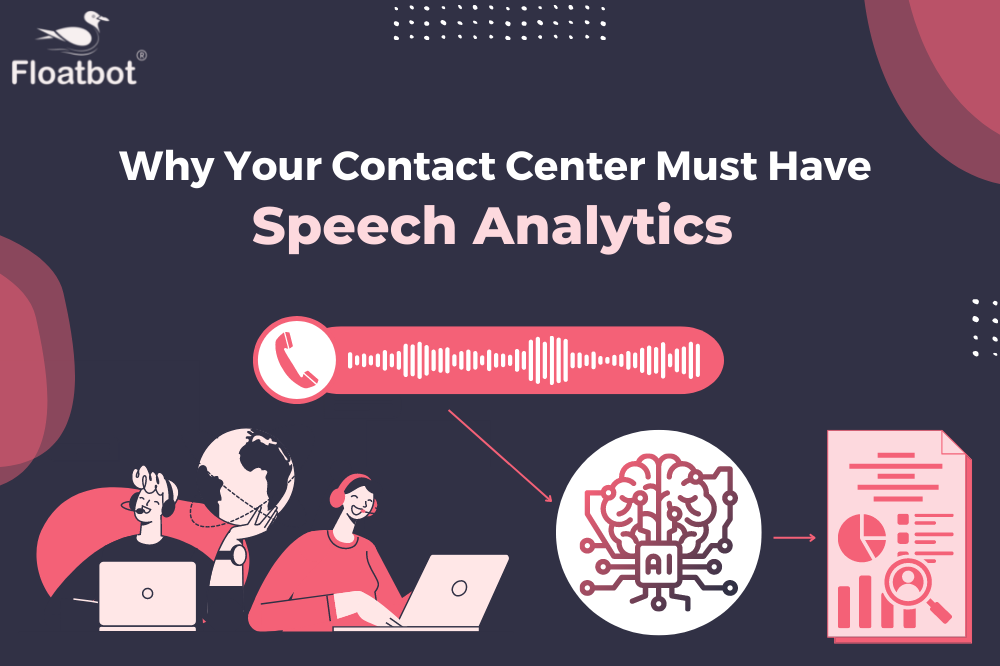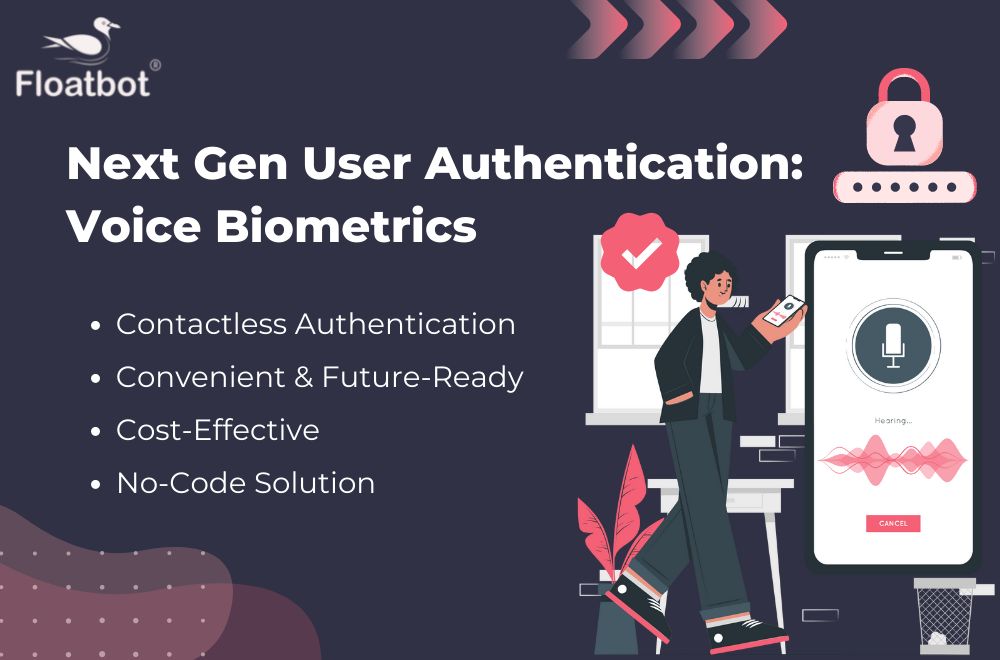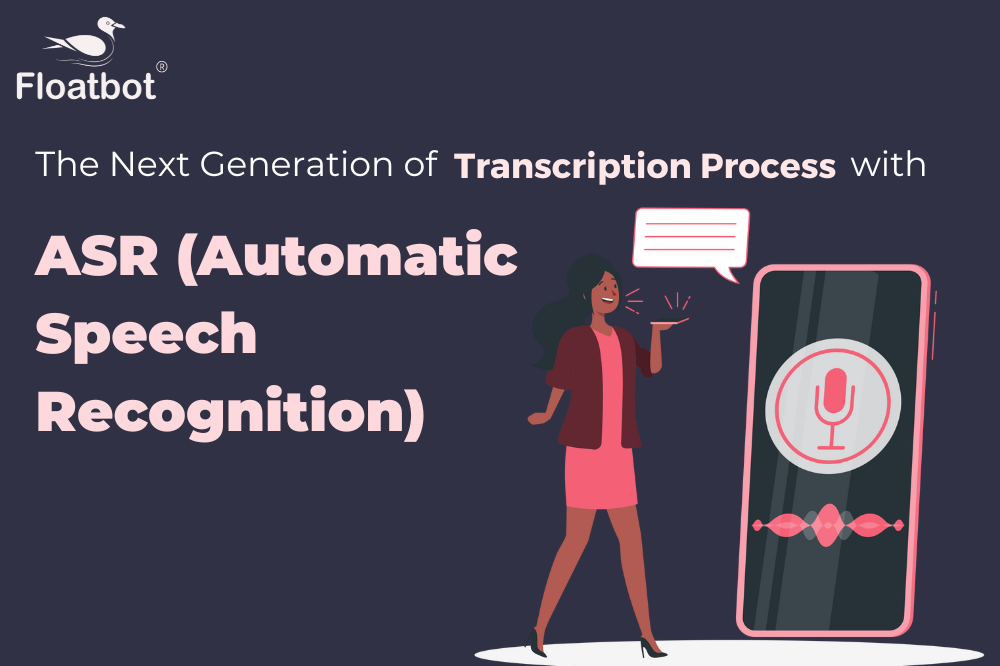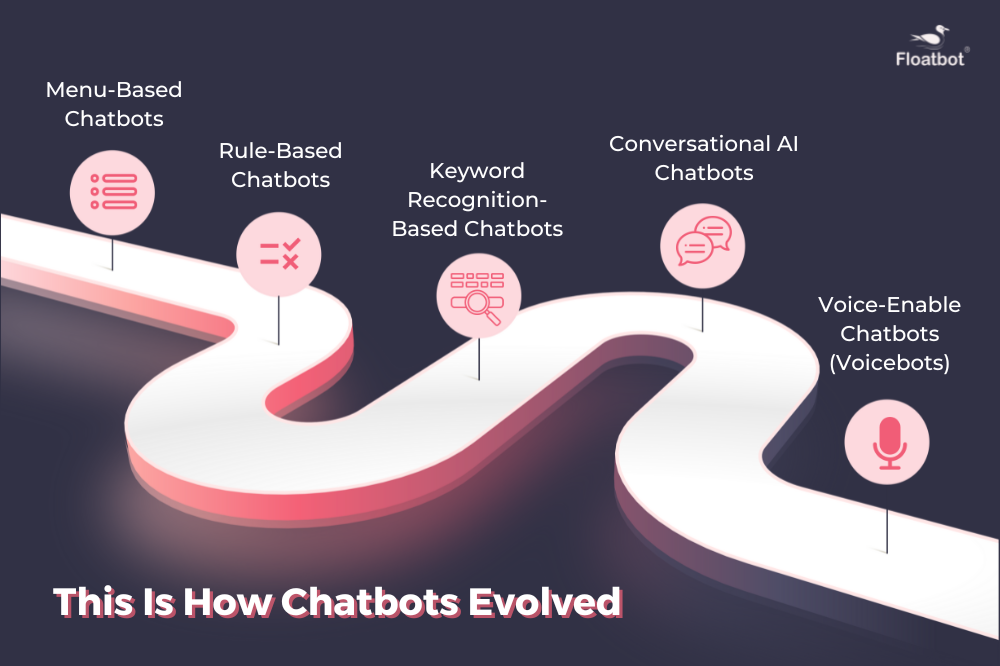
Chatbots have gotten a lot of momentum in the past couple of years. They are everywhere now - on websites, mobile applications, messenger apps, social media, virtual assistants, etc. They are being used for customer service, education, and even for the entertainment industry. But how did they originate and evolved to this?
The global market for Chatbot was USD 525 million in 2021, and it is expected to grow at a 25.7% compound annual growth rate (CAGR) from 2022 to 2030.
What is a Chatbot?
Chatbots are computer programs that enable humans to have conversations with computers. In other words, they stimulate human conversations.
Chatbots are being used for different purposes in different industries such as banking, finance, insurance manufacturing, healthcare, travel & hospitality, retailing, etc.
Some chatbots are designed to engage in small talk, while others are designed to handle more complex tasks such as customer service or providing information.
Chatbot History
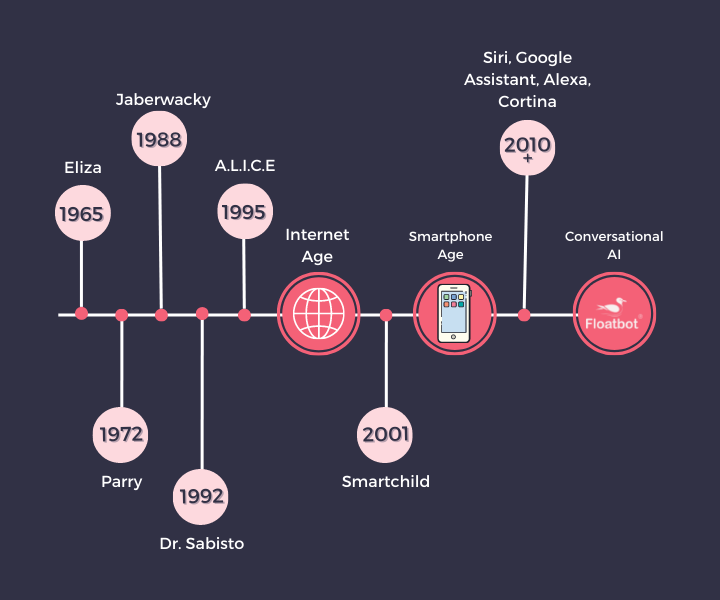
Chatbots have been around for decades, but only in recent years have they become more popular.
If you're curious about the origin of Chatbot, Joseph Weizenbaum created the first Chatbot in 1966 named ELIZA - an attempt to stimulate patient-psychiatrist conversation. ELIZA could respond to simple commands by asking questions and giving responses based on a set of keywords.
After ELIZA, some notable Chatbots came into the picture - including PARRY in 1972, which was an attempt to stimulate a paranoid person, Jabberwacky in 1988, Dr. Sabaitso in 1992, A.L.I.C.E. in 1995, and Smarterchild in 2000.
In 1992, Creative Labs developed Dr.Sabaitso - one of the first AI-powered Chatbots - for MS-DOS.
After this, conversational virtual assistant came into existence after Apple launched Siri in 2001. The concept of virtual assistant got popularity, and after that, a couple of more conversational bots were launched - Google Assistant by Google, Cortana by Microsoft, and Alexa by Amazon.
In the beginning, Conversational bots started as virtual assistants, which could help users in online searches, respond to voice commands, play music, etc. But, with time, especially after 2015, Conversational AI developed at a fast pace, and businesses started using AI-Powered Chatbots (and Voicebots) for various use-cases in various work functions - from sales to operations to support.
Use Cases of Chatbots
One of the main reasons behind their popularity is their ability to enable quick self-service. They ensure that people can get what they need without going through a long process of waiting on hold or navigating through a complicated phone tree.
Customer Support
Many companies have already started using chatbots as an alternative to their customer support. The bots will answer basic questions such as FAQs while directing customers who need additional help to a human customer service agent.
Sales
Businesses deploy Chatbots as 'Robo-Advisors,' which assist customers throughout their buying journeys - creating hyper-personalized buying experiences and providing relevant information about products/services.
Chatbots are also used to interact with customers, collect data, and generate/qualify leads.
Industry-specific use cases
Apart from sales and support, Chatbots solves industry-specific use cases. Here are some of them -
Chatbot Use Cases for Insurance
- Claims FNOL
- Claim status
- Customer engagement
- Premium collection
- Lead generation
- Upselling and cross-selling
Chatbot Use Cases for Banking
- Conversational banking
- Customer onboarding
- Credit Card block
- Debit Card Block
- Credit Card/Debit Card Dispute filing
- Interest Rates
- Payment reminders
- Voice Biometrics
Chatbot Use Cases for Contact Centers/BPOs
- Increase digital sales
- Automate customer support
- Fallback on live chat
- Provide agent assistance
Chatbot Use Cases for Retail
- Order management
- Seasonal surge in customer calls
- Bill Inquiry
- WISMO (Where is my order) queries?
- Identity verification
Chatbot Use Cases for Healthcare
- Schedule, reschedule, and cancel appointments
- Visit confirmation
- Symptoms checking
- Medical triage
- Issue repeat prescriptions
- Proactive patient care
- Answering FAQs
Summary
Chatbots have evolved now - they can have sophisticated conversations with humans, thanks to advanced conversation AI technology. However, there is continuous advancement going on.
Chatbots are popular for commercial purposes now. Businesses use them because they offer various benefits. Such as
- Low operational cost
- More sales and revenue
- 24x7 customer support
- Omnichannel interactions
- Boost agent productivity
If you have questions or need assistance with conversational AI Chatbots and Voicebots, feel free to reach us at connect@floatbot.ai

